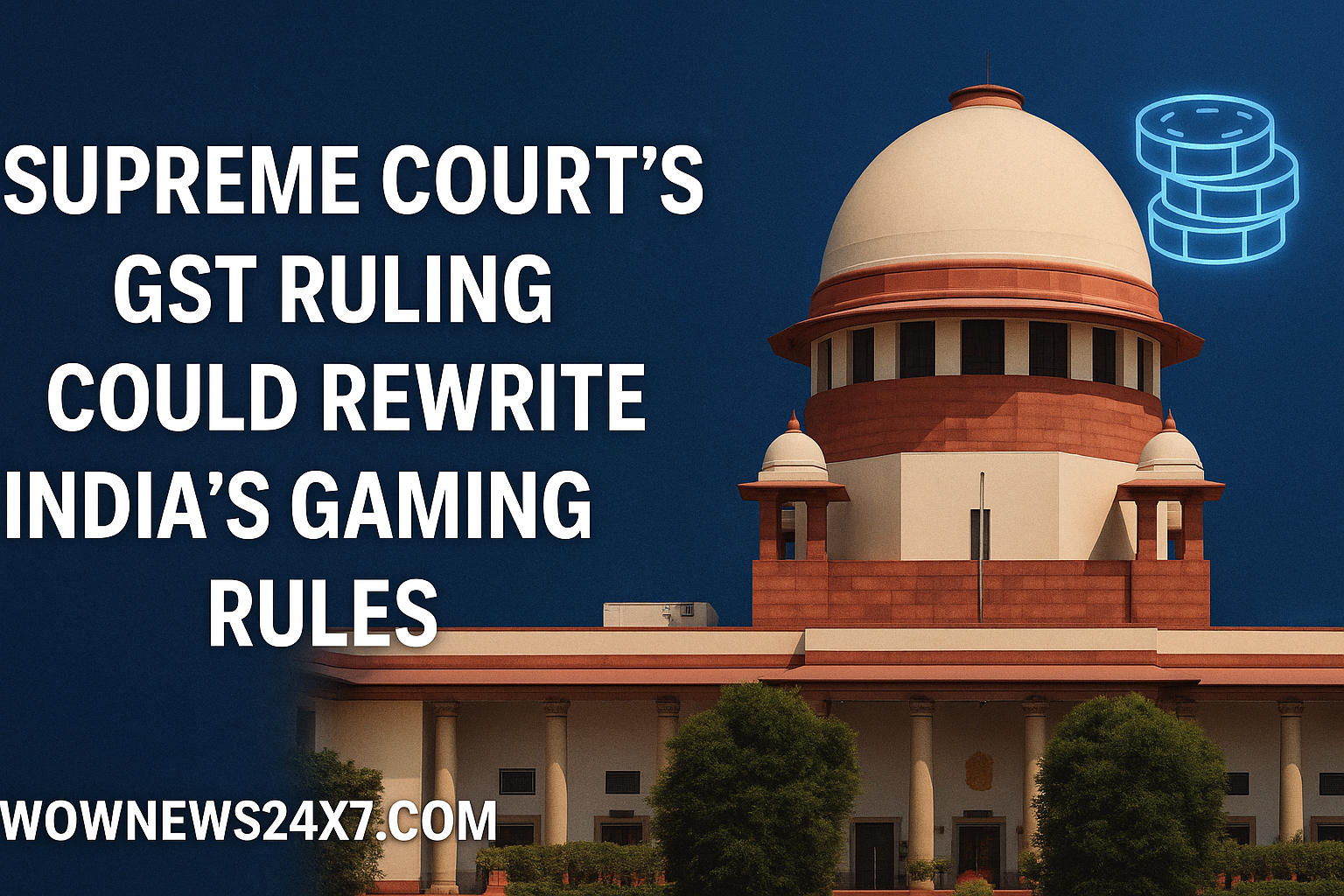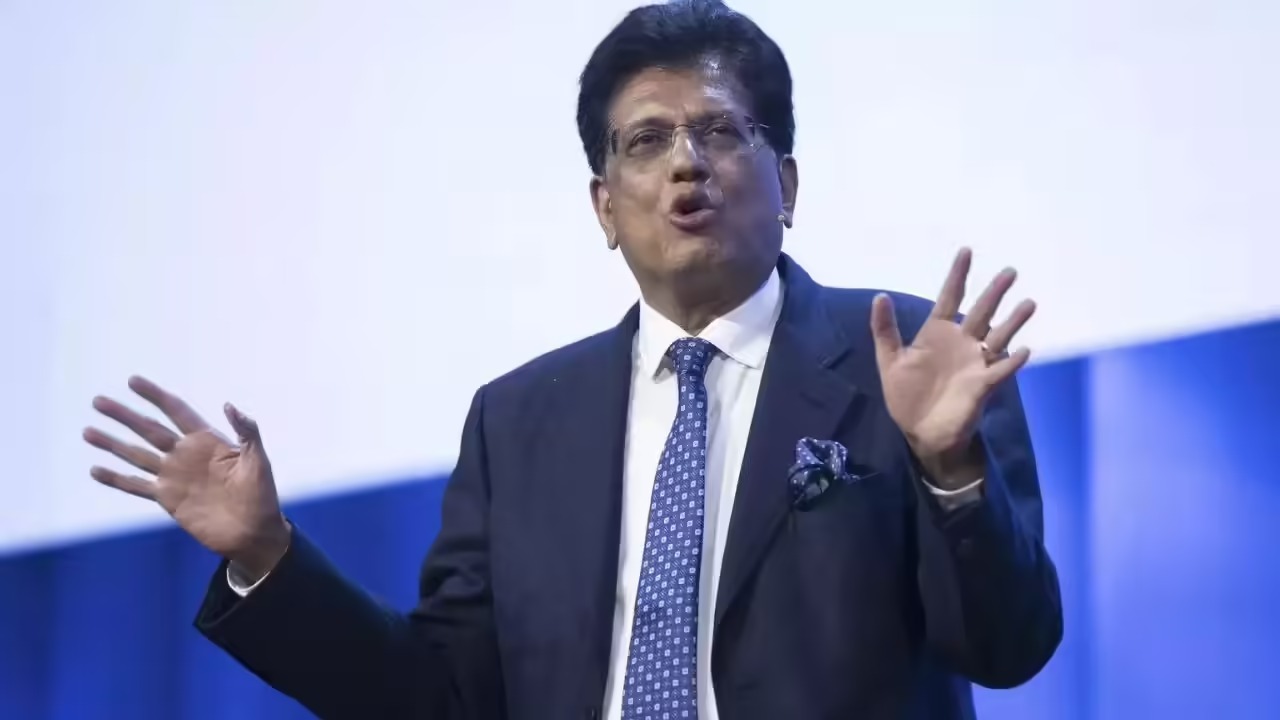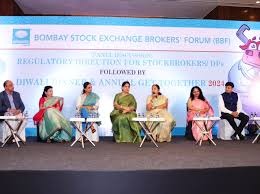India’s booming online gaming industry is bracing for a pivotal Supreme Court verdict that could redefine its financial and regulatory landscape. At the heart of the legal storm is a contentious debate over the applicability of the 28% Goods and Services Tax (GST)—whether it should be levied on the full value of player wagers or solely on the platform’s commission. The outcome of this ruling is expected to have far-reaching consequences for an industry valued at over ₹2.5 lakh crore and employing tens of thousands across the country.
The Supreme Court, after hearing exhaustive arguments from both the government and gaming platforms, has reserved its judgment. Industry stakeholders, legal experts, and investors are watching closely, as the decision could either stabilize or severely disrupt the sector’s growth trajectory.
The Core of the Controversy
The GST Council’s amendment, effective October 1, 2023, introduced a 28% tax on online gaming, casinos, and horse racing. However, the interpretation of this levy has sparked fierce opposition. The government contends that the tax should apply to the entire contest entry amount, including the prize pool. Gaming companies argue that this approach is fundamentally flawed and legally unsound.
According to legal representatives of the gaming platforms, the platform fee—the amount retained by the operator for providing services—is the only portion that should be taxed. The prize pool, they argue, is held in trust and returned to players, and therefore does not constitute taxable consideration.
Senior Advocate V. Sridharan, representing the gaming companies, challenged the statutory authority of Rule 31A of the GST Rules, which governs valuation for betting and gambling. He argued that the rule lacks proper legislative backing and that the classification of “actionable claims” as “goods” under GST is inconsistent with prior legal interpretations.
Legal and Constitutional Dimensions
The case has drawn attention to broader constitutional questions, including the distinction between games of skill and games of chance. The Karnataka High Court previously ruled that games like rummy are skill-based and should not be taxed under the same bracket as gambling. The Revenue Department, however, has appealed this decision, seeking uniform taxation across all online gaming formats.
The Supreme Court’s final ruling will not only settle the GST dispute but also clarify the legal status of various gaming formats—a decision that could influence future legislation and enforcement.
Industry Impact and Investor Anxiety
The stakes are high. If the Supreme Court upholds the broader interpretation of the GST levy, many startups and mid-sized platforms may find the market unsustainable. Several companies have already scaled back operations in states like Tamil Nadu, where local regulations have added further complexity. These include mandatory Aadhaar verification, stake limits, and advertising restrictions.
Some platforms have resorted to geofencing and other technical measures to comply with state-specific rules, while others have exited certain markets entirely. The fragmented regulatory environment has made it increasingly difficult for operators to maintain consistent business models across India.
Investors, too, are jittery. The uncertainty surrounding taxation and compliance has led to a slowdown in funding, with venture capital firms adopting a wait-and-watch approach. According to EY’s Tax Partner Saurabh Agarwal, the upcoming ruling will be “pivotal in shaping a fair and transparent taxation framework” for the sector.
Global Implications
India’s online gaming market is not just a domestic story—it’s a global one. International tech providers, game developers, and app store operators are closely monitoring the situation. The outcome of the Supreme Court case could influence how global platforms approach compliance, product design, and monetization strategies in India.
With over 1.6 billion visits to offshore gaming sites in just three months, the urgency for a clear and enforceable regulatory framework is evident. The Digital India Foundation has highlighted the scale of unregulated activity, prompting calls for centralized oversight and better enforcement mechanisms.
Sources: TaxGuru, SCC Times, India Today






